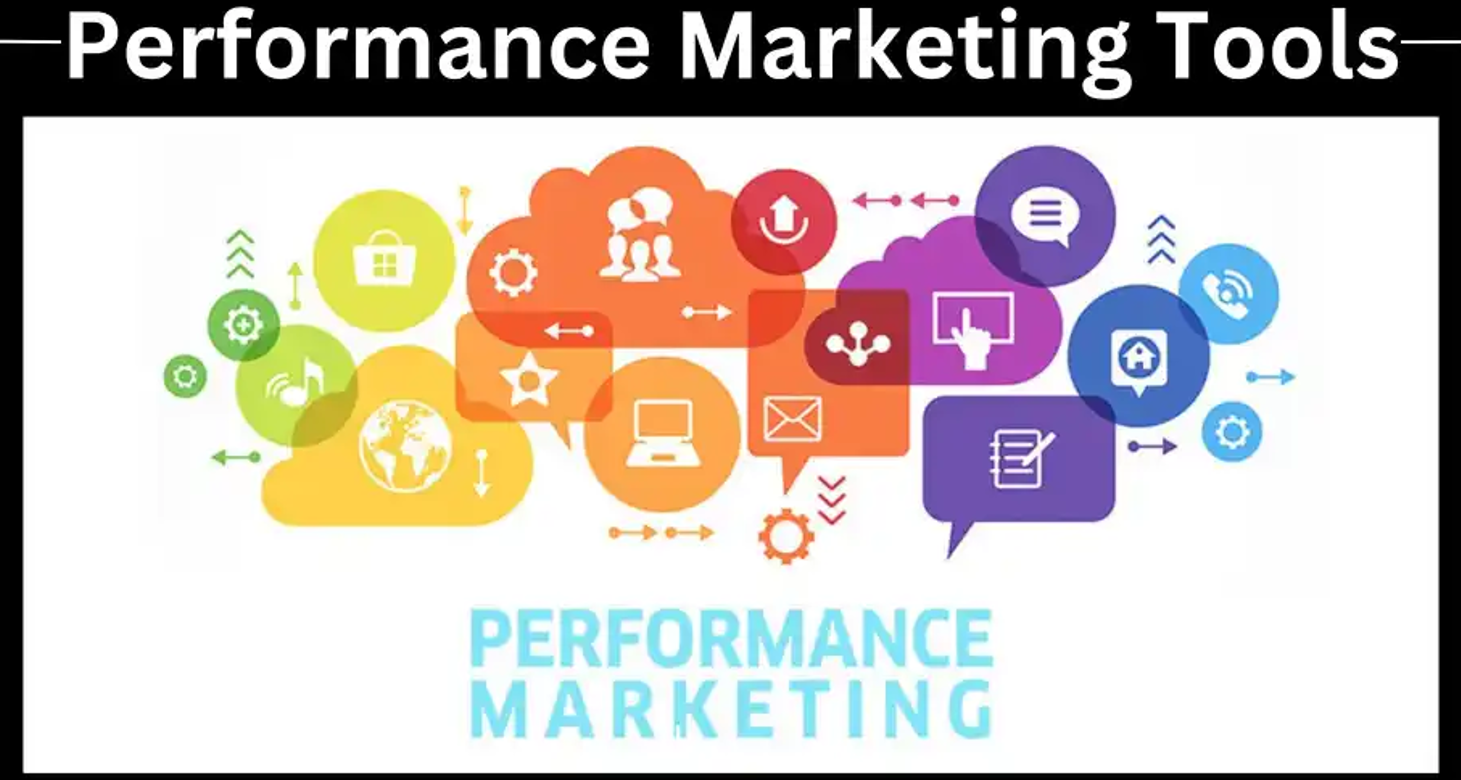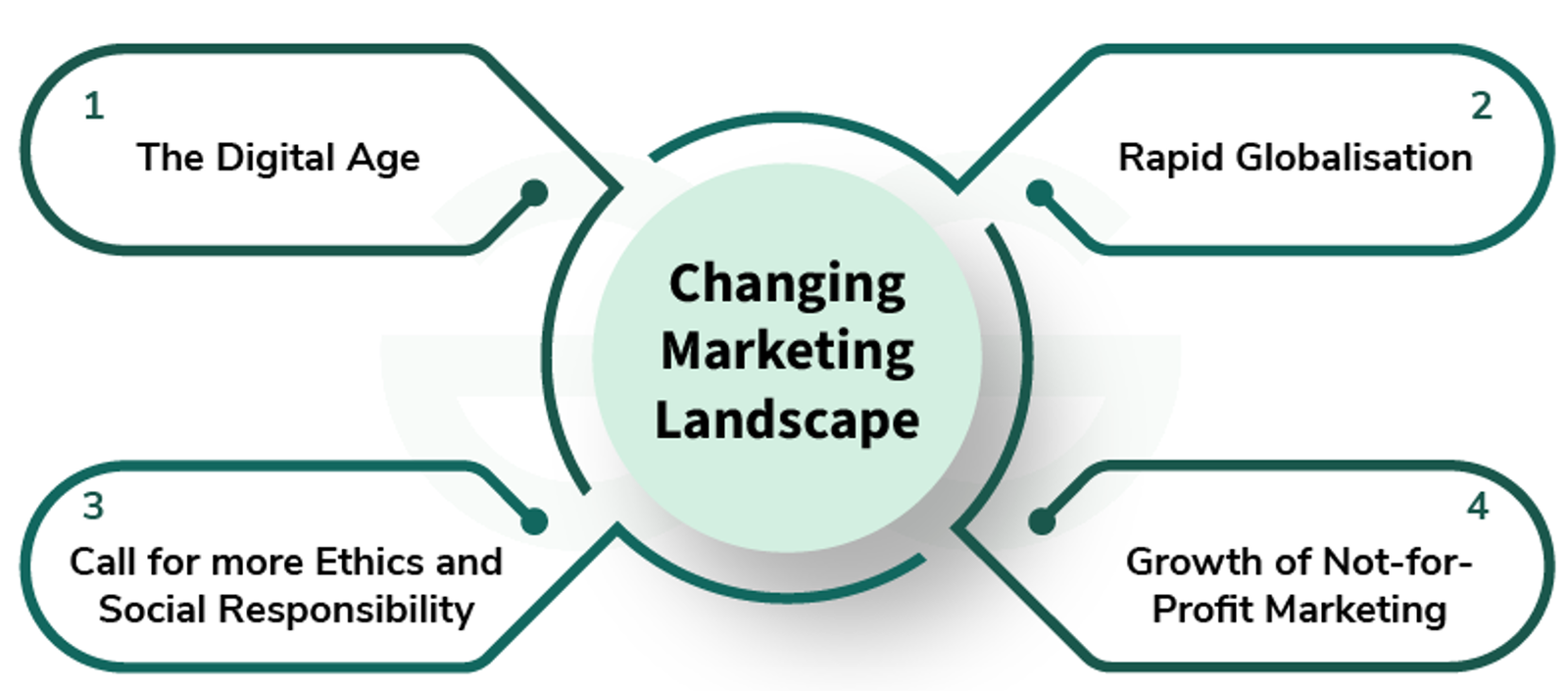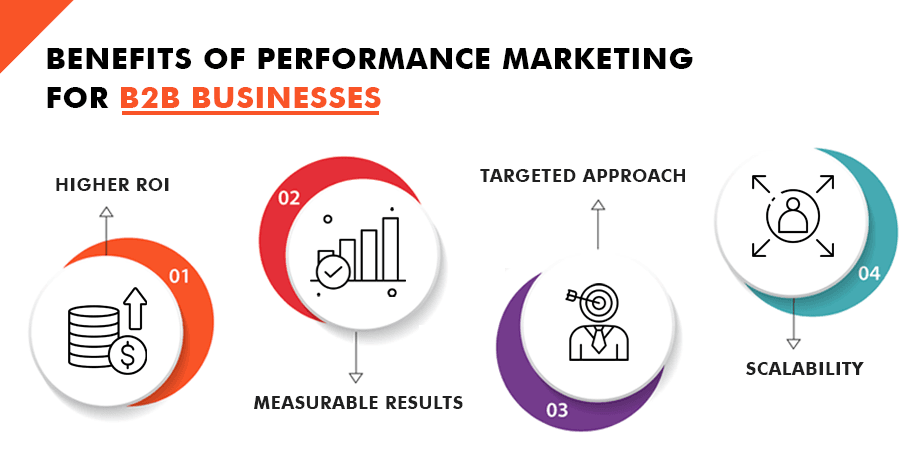Performance marketing is transforming the way businesses expand their online presence. It is no longer about spending big budgets without knowing what works. Today, every penny must bring results — clicks, leads, or sales. The right tools help you do just that. They allow you to measure, improve, and make wise decisions.
Why Use Tools for Performance Marketing?
Marketing used to be hard to measure. Now, performance marketing means you only pay for actions that matter. Practical tools provide precise numbers and valuable insights. They help you answer questions like:
- Which ads work best?
- Where do visitors come from?
- How can you turn clicks into sales?
Regardless of your business size, these tools can save you money, time, and guesswork.
Main Categories of Performance Marketing Tools
Performance marketing tools can be categorised into several distinct groups. Let’s look at each one.
1. Analytics and Tracking Tools
These tools help you understand what is happening on your website.
Google Analytics
The most used tool to track visitors, traffic sources, and conversions. It shows what works and what does not.
Adobe Analytics
For larger brands, Adobe offers more comprehensive reports and real-time insights to help refine your brand positioning.
Hotjar
Hotjar displays heatmaps and recordings of how users interact with your site. It helps you identify what stops people from making a purchase.
2. Conversion Tools
Once you get traffic, you must turn it into sales. These tools help you test what works best.
Optimizely
Runs A/B tests to compare different pages and determine which one generates more sales.
Unbounce
Helps you create landing pages that convert, without needing a developer.
3. PPC and Ad Tools
Paid ads are a big part of performance marketing. These tools help you run better ads.
Google Ads
A must if you use PPC services. It helps you create ads for search, display, and track every click.
Facebook Ads Manager
Suitable for social media ads. It allows you to target people based on their interests and track the results.
SEMrush
Popular for SEO, but also great for PPC. You can check competitor ads, plan budgets, and find better keywords.
4. SEO Tools
Strong SEO brings free, organic traffic. It is a crucial aspect of performance marketing.
Ahrefs
Best for finding keywords, tracking backlinks, and checking what competitors rank for.
Moz Pro
Helps you see where you rank on search engines. It also highlights areas for improvement.
Screaming Frog SEO Spider
This tool crawls your site and identifies technical issues that could impact your rankings.
5. Affiliate Marketing Tools
Affiliate marketing is a type of marketing where you pay partners for the sales they generate on your behalf. These tools help you run it smoothly.
Impact.com
Enables you to find partners, track sales, and manage payments.
CJ Affiliate
One of the biggest networks for connecting with affiliates and tracking performance.
How to Pick the Right Tools
Choosing the best tools can feel overwhelming. Here are a few tips:
- Know Your Goals
- Do you want more traffic? Better conversions? Pick tools that match your goals.
- Check Your Budget
- Some tools are free, while others have a cost associated with them. Always consider the value you receive.
- Easy to Use
- A tool only works if your team can use it well.
- Check Integration
- Ensure that tools work effectively together to produce precise and cohesive data.
How to Get the Most from Your Tools
Buying tools is not enough. You must use them correctly.
- Train Your Team
- Take the time to learn how to use each tool effectively.
- Review Results Regularly
- Examine what is working and identify areas that need improvement.
- Keep Learning
- Digital marketing changes fast. Stay updated with new features.
Connect Performance Marketing with Brand Positioning
Good performance marketing does more than boost sales. It builds trust. When you utilise effective SEO services, implement strategic PPC services, and select the most suitable tools, you appear in front of the right people at the right time. Over time, this shapes how people see your brand — your brand positioning.
Performance marketing gives you control. But the right tools make all the difference. From tracking to testing, paid ads to SEO, these tools make your job easier and your results better.
With them, you spend your marketing budget wisely, reach more people, and keep growing. That is how you turn clicks into customers — and customers into loyal fans.



